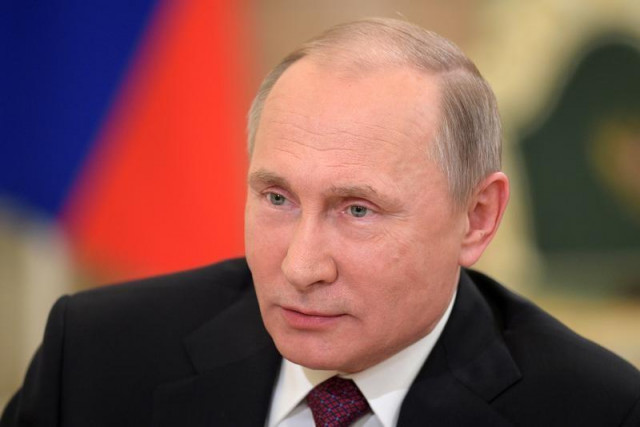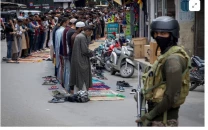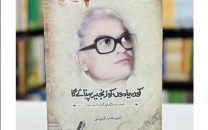Russia’s ‘unnoticed’ efforts helped defuse Indo-Pak tensions
Moscow played the most important role among all other players, says a senior Pakistani official

Russian President Vladimir Putin. PHOTO: REUTERS
The escalation in tensions sent alarm bells across the globe with many countries began to make frantic efforts to pull the two countries back from the brink.
The United States, China, Britain as well as Saudi Arabia and United Arab Emirates got engaged with both New Delhi and Islamabad to avoid any further escalation.
However, one country, which played the most crucial role in defusing the crises, remained unnoticed and that was Russia.
Pakistan ready to resolve issues with India through dialogue: Qureshi
“If I say that Russia played the most important role among all the other players it will not be an over statement,” said a senior Pakistani official with the direct knowledge of Moscow’s diplomacy in easing of the Pak-India tensions.
Unlike the public perception that the US played a key part, it was in fact Russia that worked behind the scenes to end the crises, the official, who requested not to be named because of the sensitivity of the issue, added.
During the crises, Russia remained in touch with both with Pakistan and India. A day after Pakistan shot down two Indian warplanes and captured one of its pilots, Russian President Vladimir Putin telephoned Indian Prime Minister Narendra Modi urging him to show restraint.
Putin hoped for a quick settlement of the crises between India and Pakistan.
PM Imran welcomes Modi’s greeting, renews dialogue offer
At the same time, Russian Foreign Minister Sergai Lavrov reached out to his Pakistani counterpart and expressed his country’s readiness to facilitate talks between the two sides. Pakistan immediately accepted the Russian offer.
“Unlike the past, this time Russia has shown more urgency than the US,” said another official.
The official said the US only intervened when Pakistan retaliated. Before that it was largely following the policy of ‘wait and watch’ and tacitly endorsed Indian fighter jets’ air space violation of Pakistan, the official added.
Contrary to the US approach, Russia played a ‘more neutral role’ despite having longstanding strategic partnership with India.
The reason Russia was seeking de-escalation in tensions more than the US was that it feared that the military conflict between Pakistan and India could undermine the regional peace.
Another factor that pushed Russia to be more proactive, albeit behind the scenes, was China. It is believed that both Moscow and Beijing were on the same page and wanted de-escalation in tensions at the earliest.
It was because of those efforts that Pakistan and India decided to send back their envoys to each other’s capitals as a first sign of easing of tensions.
The two countries also went ahead with the planned talks on the Kartarpur Corridor, which would give Indian Sikhs a visa-free access to one of their holist places inside Pakistan.
The recent move by the Indian premier to greet Prime Minister Imran Khan on the Pakistan Day was also seen as sign of normalisation of ties, although uncertainty may prevail till the elections in India are over.



















COMMENTS
Comments are moderated and generally will be posted if they are on-topic and not abusive.
For more information, please see our Comments FAQ